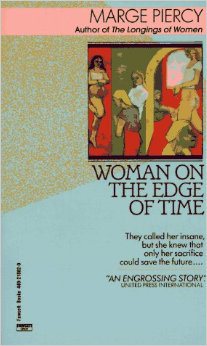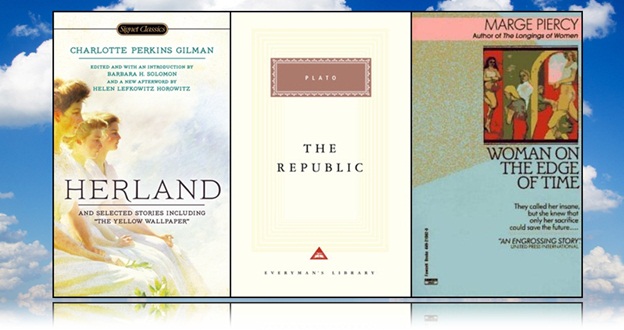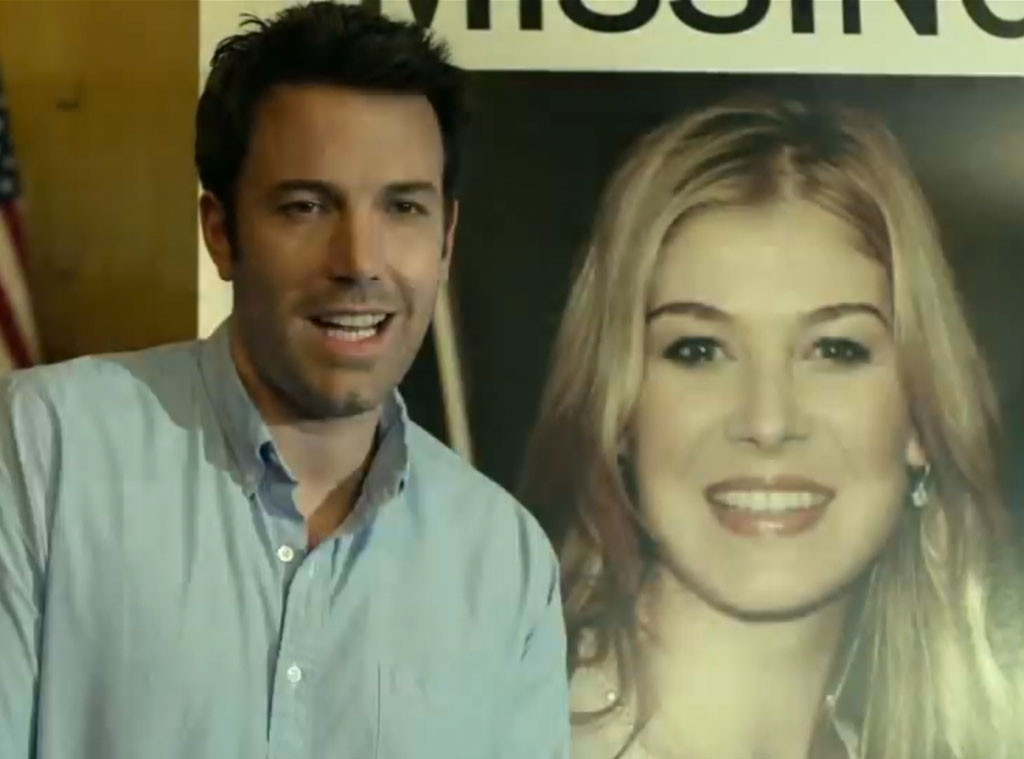 I contributed a selection to Flavorwire’s 28 Feminist Writers Every Man Should Read: Marge Piercy’s Woman on the Edge of Time. I’m obsessed with this book–so much so that I wrote my college thesis on it. To wit:
I contributed a selection to Flavorwire’s 28 Feminist Writers Every Man Should Read: Marge Piercy’s Woman on the Edge of Time. I’m obsessed with this book–so much so that I wrote my college thesis on it. To wit:
Piercy’s 1976 utopian novel posits a future in which human reproduction has been mechanized, gendered pronouns have been supplanted by the handy term “per,” everyone can lactate, all adults are expected to co-parent a child with two friends (never lovers), and humans congregate in small towns with extremely direct democracies. In a moment in which dystopias rule the school, this prescient book works as an amazing time machine — not only forward but back to an era in which women liberationists still took their title literally.


